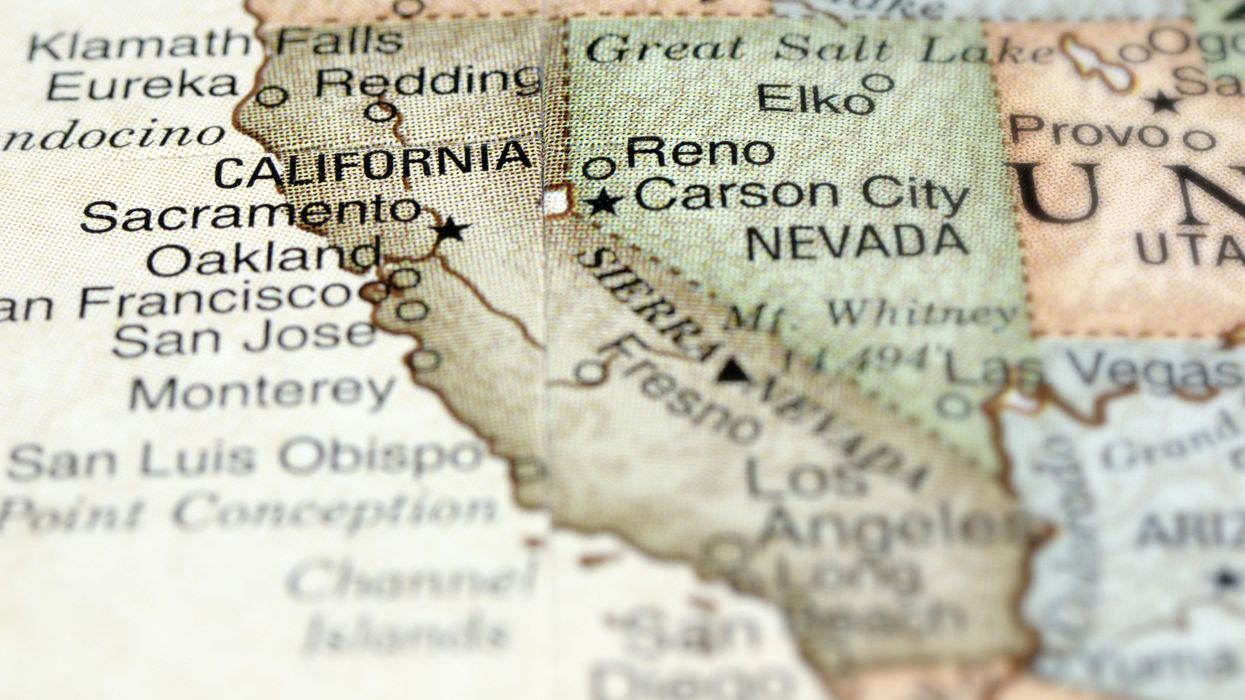California Democrats are weighing a plan to redraw the state’s congressional map. The move would undo the voter-approved system created to take politics out of redistricting. Governor Gavin Newsom has said he may call a special election this fall to ask voters for approval of a Legislature-drawn map if Texas moves forward with a midcycle redistricting plan expected to give Republicans more seats.
The proposal could flip up to five Republican-held districts and strengthen several competitive ones. Reports point to Orange County, San Diego County, and the Central Valley as primary targets. Republican representatives who could be affected include Ken Calvert, Darrell Issa, Kevin Kiley, David Valadao, and Doug LaMalfa. Any change would require a two-thirds vote in both chambers of the Legislature, followed by approval from voters.
The proposal would mark a major departure from the system approved through Propositions 11 and 20 in 2008 and 2010. These measures created an independent citizens commission that removed redistricting power from lawmakers. The commission has been widely praised for its transparency. After the most recent redistricting cycle in 2021, no lawsuits were filed over the maps.
The opposition is already mobilizing. Former Governor Arnold Schwarzenegger, who championed the commission, has said he will actively campaign against the proposal. Civic groups such as Common Cause and the League of Women Voters warn that reopening the maps midway through the decade could damage public trust and set a precedent that invites future political manipulation.
The legal landscape complicates the picture. In 2019, the Supreme Court ruled in Rucho v. Common Cause that federal courts cannot decide cases involving partisan gerrymandering. That leaves most redistricting challenges to state courts or to lawsuits under the Voting Rights Act that focus on racial discrimination in map design.
According to constitutional lawyer Nathaniel Maranwe, states have broad discretion when it comes to redistricting. “California can, legally speaking, redraw its congressional map for partisan reasons if it wants to,” he told The Fulcrum. “The Constitution gives states the power to set the times, places, and manner of elections. That includes partisan gerrymandering. The Supreme Court has made it clear that it’s not for the courts to decide whether it goes too far.” Still, he added, “Most people would agree—or at least say they agree—that voters should choose their politicians, not the other way around.”
Christopher Migliaccio, a lawyer and founder of Warren & Migliaccio, LLP, said the implications go well beyond California. “If the state overrides its voter-approved independent redistricting commission to redraw congressional maps, it would set a major precedent that a state can retract prior nonpartisan reforms in response to external partisan gerrymanders,” he said in an interview with The Fulcrum. “California’s system has been held up as a national model for transparency; to date, no lawsuits challenged its maps, a testament to its legitimacy. Dismantling it may alienate independents and weaken future bipartisan mapping efforts.”
Migliaccio also noted that California’s options for challenging maps in other states are limited. Since Rucho closed the door to federal courts on partisan gerrymandering claims, the most viable strategies rely on state constitutions or Voting Rights Act cases that focus on racial vote dilution rather than party advantage.
Republican Rep. Kevin Kiley said he plans to introduce legislation that would ban midcycle redistricting nationwide. His bill would invalidate maps drawn outside the regular census cycle, including proposals in Texas and California. He called Newsom’s effort a power grab that undermines the will of the voters. California Republican Party Chair Corrin Rankin echoed that concern, saying that any attempt to bypass the redistricting commission erodes public confidence and undermines reforms that were put in place for a reason.
The measure’s future depends on whether Democratic leaders can secure enough support in the Legislature to place a constitutional amendment on the ballot and whether Newsom follows through with a special election. Supporters argue that California should not allow other states to tilt the playing field unchallenged. Opponents warn the move could open the floodgates for both parties to dismantle independent processes whenever it suits them.
Several congressional districts are being watched closely. In Orange County, Democrats are eyeing changes to Young Kim’s CA 40 and looking to shore up districts held by Derek Tran in CA 45, Dave Min in CA 47, and Mike Levin in CA 49. In San Diego County, Issa’s CA 48 may be redrawn to include more Democratic voters, and Levin’s seat may also be adjusted.
Inland, Calvert’s CA 41 has grown more competitive in recent cycles. In the Central Valley, Democrats are targeting Valadao’s CA 22 and hoping to protect Adam Gray in CA 13. In northern California, Democrats may try to shrink margins in Kiley’s CA 3 and LaMalfa’s CA 1, though population density makes big changes difficult.
If California moves ahead, it would be the first large Democratic-led state to overturn a redistricting commission in response to partisan gerrymandering in other states. The outcome could reshape how redistricting reform is viewed nationwide and signal that no structure is safe from political pressure.
Alex Segura is a bilingual, multiple-platform journalist based in Southern California.




















